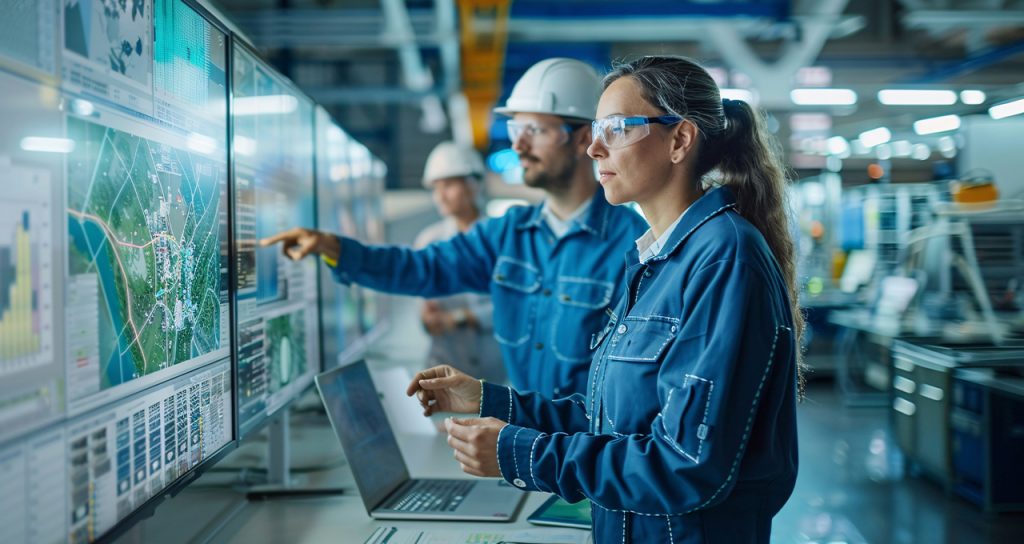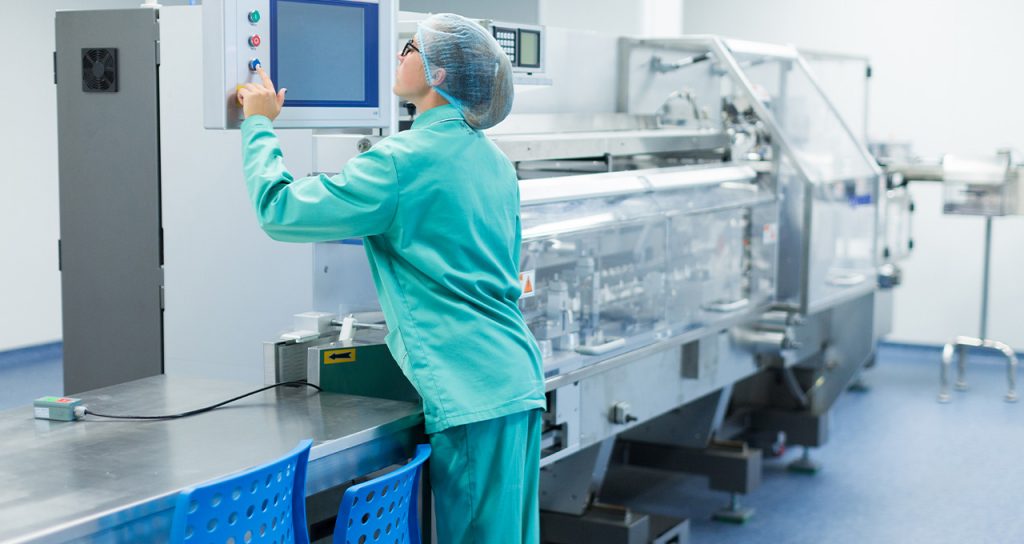![]()
The COVID-19 pandemic has changed priorities all over the world. The fight against global warming appears to have been put on the back burner and, with it, the European Union goals of reducing greenhouse gas (GHG) emissions by 55% by 2030 and achieving carbon neutrality by 2050.
However, this global crisis, which forced nearly half of the world’s population into lockdown for several weeks, has shone a spotlight on the significant environmental impact caused by transport in particular.
Looking at all of its externalities including transport, the industrial sector is one of the worst offenders in terms of GHG emissions. The onus is therefore on this business sector, now more than ever, to accelerate its transformation from within. The health crisis has revealed the importance of new or till now undervalued solutions such as production relocation, remote working and the circular economy.
There are three ways in which industry can stop being part of the problem and instead become part of the solution: by cutting its emissions, designing “greener” products and changing its production methods.
- As far as GHG emissions are concerned, industry can optimise its energy efficiency and turn to renewable energies. It can store and re-use the CO2 it emits. And it can make its production cycle more environmentally efficient (eco-design, more effective processes, low-carbon materials, alternative production solutions, etc.). This means recovering waste heat, for example by re-using hot water which, when discharged, can upset the ecosystem. It also means re-using components, tools and technological building blocks for the reconstruction of a new production chain. It’s time to move from recycling to re-use, which generates a much smaller carbon footprint. This approach reduces interdependencies between countries, prevents the risk of supply disruptions and ultimately improves the resilience of production systems.
- In terms of the production of more environmentally friendly goods, there is a wealth of possibilities across all sectors: from the production of building materials that deliver a far superior energy performance, the use in the aviation sector of lighter materials so as to reduce energy consumption and of miniaturised electronics to optimise machine or product operation, to the design of electric vehicles with re-usable parts.
- In order to change production methods, there are two main paths that industry can take. The first involves developing more flexible, autonomous and localised production units. The carbon footprint impact is immediate on the “transport” segment both for personnel and products. Thanks to automation and artificial intelligence, this relocation is now possible.
Remote working, the efficiency of which has been proved by the massive uptake of the practice during the COVID-19 crisis, is also an opportunity for industry. An opportunity both from the point of view of its necessary organisational adaptation (automation and smart control and monitoring systems will help in this respect) and its contribution towards an improved carbon footprint thanks to a reduction in personnel transport time.
The second path involves strengthening industry’s ties to its ecosystem by generating positive externalities beyond production alone. This can be achieved by using industrial land for agricultural production, thus promoting shorter circuits – an expectation expressed by the public during the health crisis. Or by using the CO2 that industry emits to produce algae and spirulina for cosmetics and pharmaceutical applications, or even the paved roads on industrial sites to generate heat as with the Power Road process developed by Eurovia.
Ensuring industry is not simply a problem but part of the solution to relocation as well as to climate change requires thought. But you quickly realise that there are many more solutions than you might have expected, and indeed that they are simpler than expected.
14/09/2020



